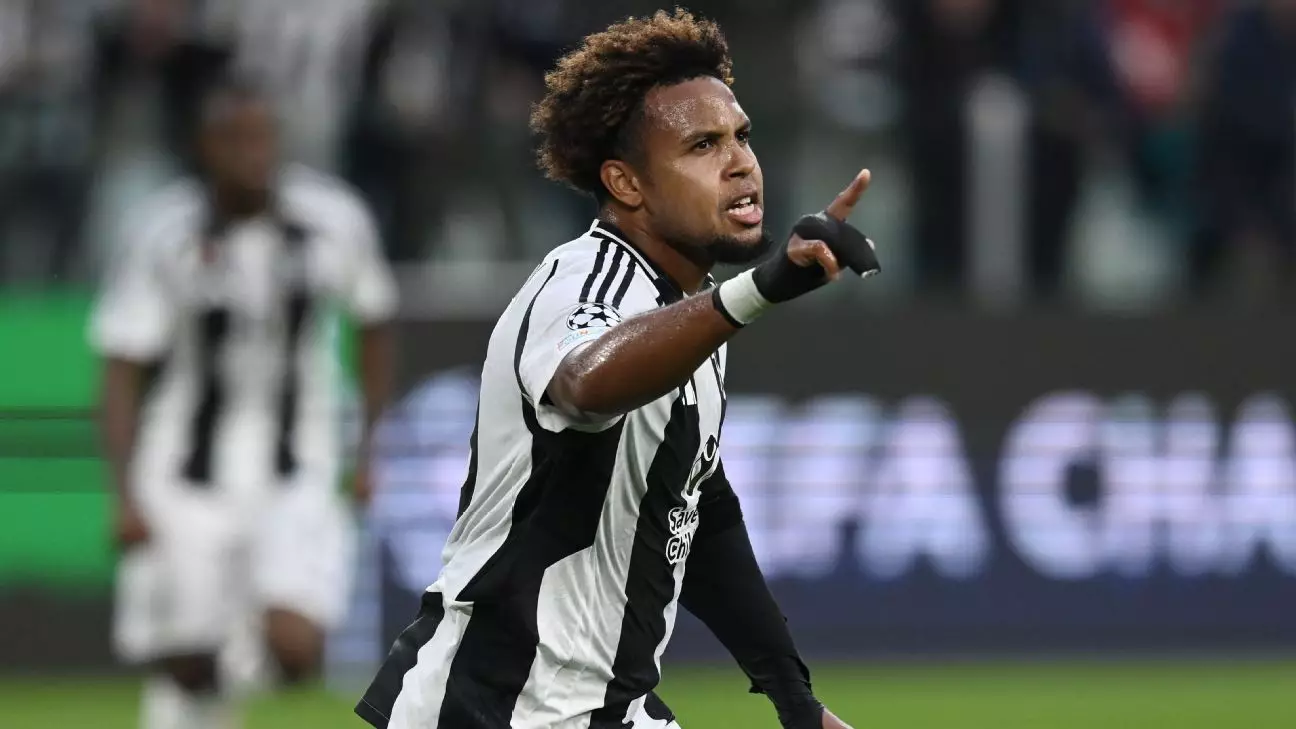The 2024-25 UEFA Champions League has officially kicked off, introducing fans to an ambitious new format that promises to shake up the familiar rhythms of Europe’s most prestigious club competition. With heavyweights like Real Madrid, Manchester City, Bayern Munich, and Paris Saint-Germain securing emphatic victories on match day one, an air of excitement and anticipation envelops the tournament. However, beneath the surface of those nostalgic narratives lie deeper discussions about competition structure, fairness, and the real impact of this new format on team performances.
For many football enthusiasts, one contentious issue emerging from matchday outcomes revolves around the ethics of running up scores. The observations made by writers Gab Marcotti, Mark Ogden, and Alex Kirkland bring to light differing perspectives on the competitive nature of the league. Ogden argues there is no intrinsic flaw in piling on goals in a league format; after all, goal difference can be crucial at the end of the tournament. He references numerous high-scoring affairs in past seasons to underscore that the scale of victories is not a novel phenomenon.
However, this perspective raises an important ethical question: At what point does competitiveness cross the line into disrespect? While one could argue that larger clubs must play to their strengths, doing so at the expense of humbling a lesser opponent may not align with the sport’s core values. Marcotti suggests a cultural consideration influences how clubs approach this dynamic. For some teams, continuing to push for goals serves as a show of professionalism, while for others, it may reflect a lack of sportsmanship. The instance of scoring against an already outmatched opponent—particularly one down to ten men—shifts the conversation from fitness to fairness.
Such discussions point to an inherent flaw in the nature of league competitions, exacerbated by the revenue imbalances that foster a predatory atmosphere in football. For many teams and their supporters, these large scorelines can send a message that, despite efforts and enthusiasm, they are outclassed—the stark reality for many clubs in this competition.
Turning our attention to team strategies in the newly formatted tournament, it becomes apparent that squad rotation may play a pivotal role in affecting overall outcomes. Ogden suggests that having more opportunities to rotate players may lessen the pressure on big clubs to field their strongest lineups for every match. When top teams face less formidable opponents, it provides a tactical advantage to manage player fatigue and mitigate injuries over a grueling season.
This introduces an interesting development: While clubs might have the capability to treat certain matches as manageable fixtures, it can simultaneously dilute the quality of competition. If Manchester City or Bayern Munich can afford to experiment with their lineups against less challenging teams, the fans may miss out on thrilling confrontations that showcase the cream of European talent.
Furthermore, Marcotti raises an intriguing point regarding the seeding implications of the new format. While clubs may feel incentivized to perform well to secure favorable seedings for knockouts, the reliance on rotation could lead to inconsistent performances. Teams that regularly circulate their squad, like Inter Milan or Atletico Madrid, may flourish due to their proactive approach to fatigue management and familiarity with different player combinations. This dynamic could shift the competitive balance in a way the tournament organizers might not have anticipated.
While much of the early focus has been on household names and giants of the game, matchday one also showcased emerging talents who could define the tournament’s narrative this season. Players like Christian Pulisic, who dazzled with a fantastic goal for AC Milan against Liverpool, reminded us of the importance of individual brilliance in collective failure. Meanwhile, Weston McKennie’s turn around at Juventus highlights an athlete betting on their own perseverance amidst adversity—a refreshing glimpse into the stories behind the statistics.
Conversely, traditional powerhouses like AC Milan struggled significantly, failing to capitalize on their illustrious history against resurgent competition. Their dismal performance puts into perspective the fluctuations of form that can befall even the biggest clubs and the complexities of maintaining consistency in high-stakes tournaments.
A Fresh Outlook on Competitiveness
The opening phase of the 2024-25 UEFA Champions League has generated a mixture of excitement and contemplation about the efficacy of its new format. While it allows for new narratives to emerge, from high-scoring thrillers to incredible individual performances, it simultaneously invites critical questions regarding competitive integrity and the potential for unequal matchups to undermine the sporting experience. The journey ahead promises a deeper exploration of how clubs adapt, both strategically and morally, as the tournament unfolds in its innovative structure, redefining what it means to compete at the highest level in European football.

